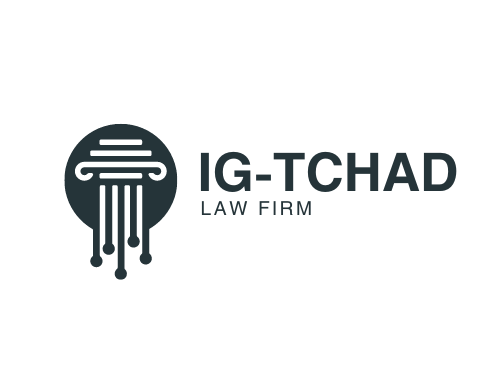
My Credit Report Says I am Deceased
In an era when the protection of human and consumer rights ascends as an immutable priority of societal development, it’s inconceivable that a simple error in your credit history could undermine your personal and financial independence. If you find the startling statement “I am deceased” in your credit report, it’s crucial to take immediate steps: start by contacting the credit bureaus to dispute the error, provide proof of identity, and consider legal assistance to ensure your rights are fully protected and your financial identity is accurately represented.
Why Does My Credit Report Say I’m Deceased
- A Case of Mistaken Identity: In the intricate web of financial data, your personal details may have become entangled with another’s, especially if there’s a shared name with someone who has indeed passed away. Such mix-ups, though accidental, demand swift rectification.
- An Oversight by Financial Institutions: Banks or credit entities, in their vast dealings, might inadvertently flag your account as belonging to a deceased individual. This error, originating from a mere tick in the wrong box, can unjustly shadow your financial dealings.
- Errors within Credit Bureaus: The guardians of credit data are not infallible. A slip in their meticulous processes can result in the mislabeling of your living status, a mistake born from human error or systemic flaws in data handling.
- The Shadows of Fraud: In less common but more sinister instances, this situation may hint at identity theft. Malicious actors, having commandeered your identity, might report a death to escape the consequences of their actions, leaving you to untangle the web of deceit.
Deepened Understanding of Impact
An erroneous “deceased” label in credit reporting not only closes the doors to credit opportunities but also annihilates the financial reputation that you have built over years. This is not just a misunderstanding; it is a threat to your economic future and social status, turning life into an endless struggle for justice.
Detailed Steps to Resolution
Reaching out to credit bureaus for correction is not just an administrative procedure; it is your right to defend your own identity and financial independence. It is imperative to provide incontrovertible proof of your “liveness” and demand not just correction, but also compensation for the moral and material damage inflicted. Remember, protecting your rights is not only your personal responsibility but also the duty of the state and society to provide effective protection mechanisms.
- Secure Your Credit Reports: Initiate this journey by acquiring your credit reports from the leading bureaus, the foundational step to pinpoint the error’s occurrence.
- Craft a Letter of Dispute: With a pen as your sword, draft a concise letter to each bureau that erred, articulating the mistake and your undeniable vitality. Attach incontrovertible proof of your identity, such as a government-issued ID.
- Send Your Letter with Precision: Dispatch your dispute through certified mail, ensuring a traceable path to the heart of the matter, establishing a documented quest for correction.
- Directly Address the Source: If a particular institution has misreported your status, approach them with the same clarity and evidence, urging them to rectify their records and inform the credit bureaus, such as Equifax, Experian, TransUnion of their oversight.
Your Solutions
We, a team of experienced lawyers, urge you not to acquiesce to errors in your credit history. This is your life, your name, and you alone have the right to decide how it will be represented. By contacting us, you do more than just correct an error in the report; you embark on the path of defending your inalienable rights and dignity. Do not delay, act now so we can immediately begin the process of restoring your credit history and returning your deserved status as a respected member of society.

Leave a Reply